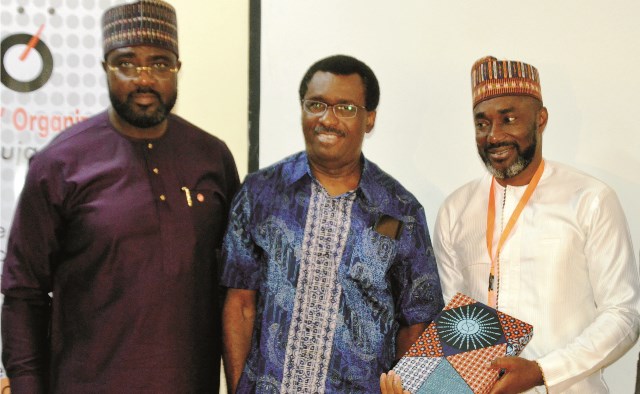Business
Rivers Guber Candidates Proffer Economic Solutions

Four governorship candidates in this year’s general elections in Rivers State have rolled out their economic development plans for the state.
The candidates include Victor Fingesi of the Action Democratic Party (ADP), Isaac Wonwu of Labour Party, Eniye Braide of the African Democratic Party (ADP) and Precious Elekima of the Social Democratic Party (SDP).
They made their declarations, yesterday at a debate tagged BBC Pidgin Governorship Debate, organised by BBC Pidgin News Service in Port Harcourt.
Fielding questions at the debate, governorship candidate of ADP, Eniye Braide stated that he would take advantage of the rich human resources in the state and tap into the potentials of youths to build a strong economy for the state.
Braide also promised to embark on building low cost houses that would be affordable by the low income earners.
On his part, the SDP candidate, Precious Elekima, who though was not initially slated for the debate, but made his way into the event stated that he would solve unemployment problems by setting up no fewer than 92 industries within four years.
He also promised to stop stealing of government funds and create employment through industrialization.
In their separate addresses, both the candidates for Action Democratic Party and Labour Party, Victor Fingesi, and Isaac Wonwu, respectively, declared that they would provide funds for the establishment of modular refineries, provide technical support and improve agro business in the state.
Meanwhile, the governorship candidate for the Peoples Democratic Party, Nyesom Wike and his Accord party counterpart, Dumo Lulu-Briggs were absent at the debate.
BBC as Part of its contributions towards Deeping democracy in Nigeria has organised governorship debate for key gubernatorial candidates in Rivers State.
Speaking to journalists shortly after the debate, the Editor, BBC Pidgin Service, Mr Adejuwon Soyinka stated that the debate has been across the country, adding that it started with an initial number of 12 debates already organised 12 different languages across the country, Nigeria.
Soyinka explained that the programme aims at creating a platform for governorship candidates to interact with the electorates.
The BBC editor Pidgin Services noted that BBC had always adopted a standard in the selection of gubernatorial candidates each state, adding that the people from each state are those that chose whom they want BBC to invite for gubernatorial debate and after which letters of invitations are dispatched to those candidates.
He regretted that the social Democratic Party Gubernatorial (SDP) candidate Mr Precious Elekima, could act in such a lawlessness manner trying to disrupt the arrangement that has been painstakingly put in place hold in Rivers State, Thursday January 31, 2018.
Business
Two Federal Agencies Enter Pack On Expansion, Sustainable Electricity In Niger Delta

Business
Why The AI Boom May Extend The Reign Of Natural Gas

Business
Ogun To Join Oil-Producing States ……..As NNPCL Kicks Off Commercial Oil Production At Eba


